 California housing politics is heating up with a pair of dueling lawsuits that could make or break the state’s ability to force local governments to allow more housing construction.
California housing politics is heating up with a pair of dueling lawsuits that could make or break the state’s ability to force local governments to allow more housing construction.
Gov. Gavin Newsom kicked things off on Friday by announcing a lawsuit against Huntington Beach, a wealthier beach town in Orange County, claiming that the local government there had failed to zone for enough housing.
“Some cities are refusing to do their part to address this crisis and willfully stand in violation of California law. Those cities will be held to account,” said Newsom in a press release.
Longstanding state law requires California cities to produce what are known as housing elements, basically zoning plans that lay out how much residential construction the city is going to allow. Officially the state’s Department of Housing and Community Development (HCD) can reject these housing elements if they think they don’t permit enough housing, but that power has long been considered toothless.
At least until last year, when the California Legislature passed AB 72, which gives the state enhanced powers to sue localities that fall down on their housing responsibilities.
Which is exactly what Huntington Beach has been accused of doing. In 2015, the city backtracked on its state-approved housing element, cutting the number of high-density housing units it had zoned for from 4,500 to 2,100. That decision saw the state HCD retract its prior approval of Huntington Beach’s housing element. The city has technically been out of compliance with state law ever since, with the city council there rejecting multiple plans to zone for more housing.
Newsom’s lawsuit, the first of its kind, thus serves as kind of test for the new enforcement powers created by AB 72, and a way for the new governor to signal that he is willing to do what it takes to address the Golden State’s housing shortage.
There might also be an element of vengeance to Newsom’s lawsuit as well.
On Monday, news broke that Huntington Beach itself had filed a lawsuit against the governor over another state housing law, SB 35, which allows developers to opt into a streamlined state approval process for new projects if the locality they’re trying to build in has failed to zone for enough housing.
The law has already been invoked by a number of developers to get their projects passed by hostile local governments. Obviously local governments relucant to build more housing don’t like that.
SB 35 is “an unconstitutional overreach by the State into the City’s constitutionally protected local land use powers,” reads Huntington Beach’s lawsuit, arguing that its status as a charter city gives it a wide degree of autonomy over “municipal affairs” like housing development.
Defenders of SB 35 counter that the local control over zoning has produced a housing shortage so severe that these land use issues have essentially become a statewide concern.
“Huntington Beach’s dismissive approach to housing—claiming there is no problem and that the state should just mind its own business—is Exhibit A for why we have a crisis in this state,” said State Sen. Scott Weiner (D-San Francisco), the author of SB 35, in a statement.
It’s easy to get lost in the legal and policy weeds here, but the two lawsuit both hit at a basic (and pretty important) question: how much power does California’s government have to force municipalities to allow for more housing construction?
A decision in these cases would impact the scope of existing state powers, but could also make or break future efforts at reform.
Working its way through the state legislature currently is SB 50 (I know, I know, another bill number) which would forcibly upzone large swaths of California’s cities, paving the way for more––and more dense––housing construction.
Should Huntington Beach’s lawsuit succeed, that could prevent legislators from forcing this upzoning on the state’s charter cities.
To be sure, this whole legal fracas does not present a libertarian side to root for. Obviously local government limitations on residential construction boil down to limitations on both property rights and the supply of new, desperately needed housing.
That said, state-approved, court-enforced plans about how much housing the state needs, what form it should take, and where it should be built are not all that free market either—even if they are, on the whole, less restrictive.
That’s especially true when one considers that many see state-enforced upzoning as a way of allowing for more publicly-subsidized, rent-controlled “affordable housing” projects to be built. (A recent Reason investigation found that these kinds of projects are hugely expensive and can get easily get hijacked by political interests.)
Given how little of the conversation about housing in California revolves around property rights concerns, however, state-led efforts to peel back local restrictions on new construction—as messy and imperfect as they are—are probably the best hope the Golden State has of getting housing costs under control.
Newsom’s lawsuit, if successful, would thus prove to be a marginally positive development in the state’s housing politics; Huntington Beach’s would be a huge step back.
from Hit & Run http://bit.ly/2DKvKo6
via IFTTT

 In its traditional form, a single-payer health care system would effectively outlaw private health insurance as we know it. The Medicare for All plan backed by Sen. Bernie Sanders (I-Vt.), for example, would end today’s private health insurance market in a period of four years, forcing nearly 180 million Americans off of their existing plans in the process.
In its traditional form, a single-payer health care system would effectively outlaw private health insurance as we know it. The Medicare for All plan backed by Sen. Bernie Sanders (I-Vt.), for example, would end today’s private health insurance market in a period of four years, forcing nearly 180 million Americans off of their existing plans in the process.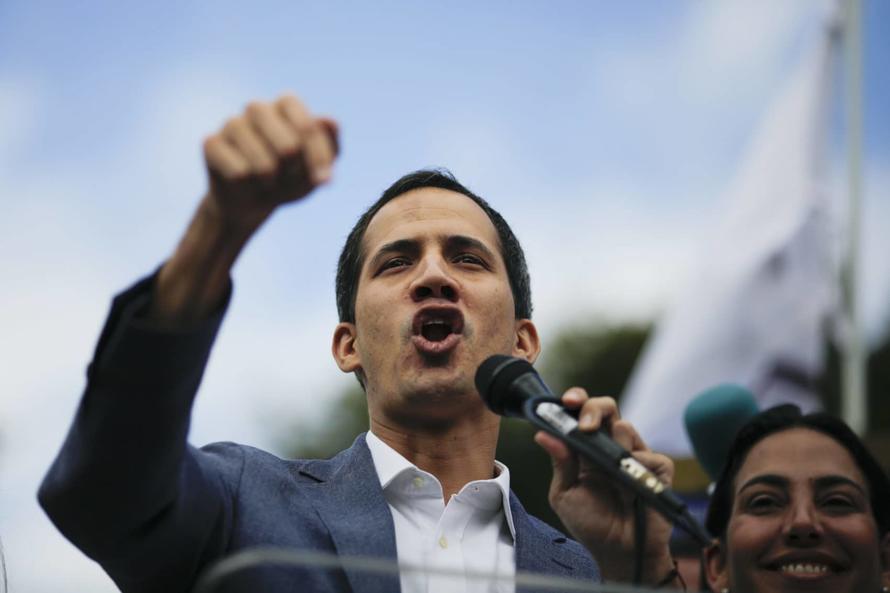

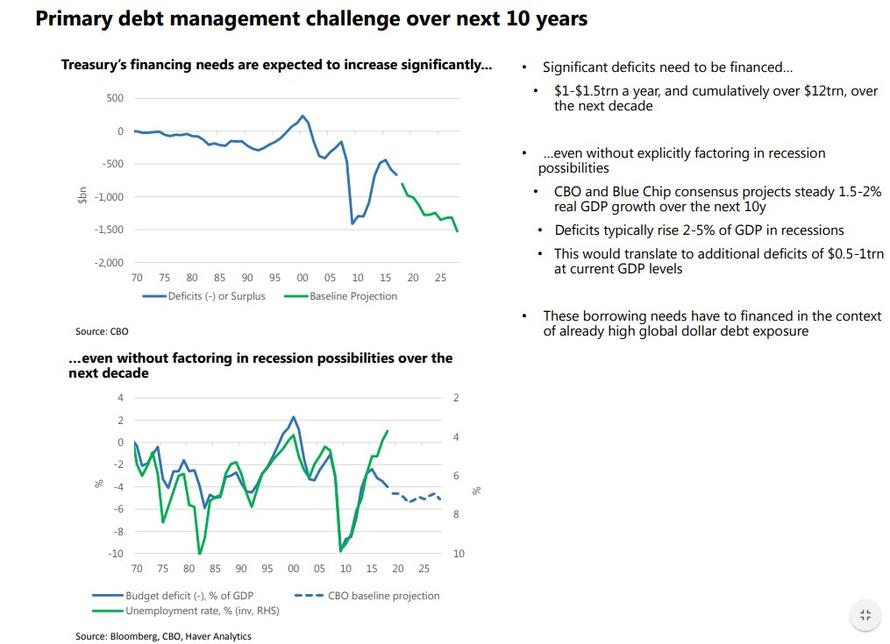
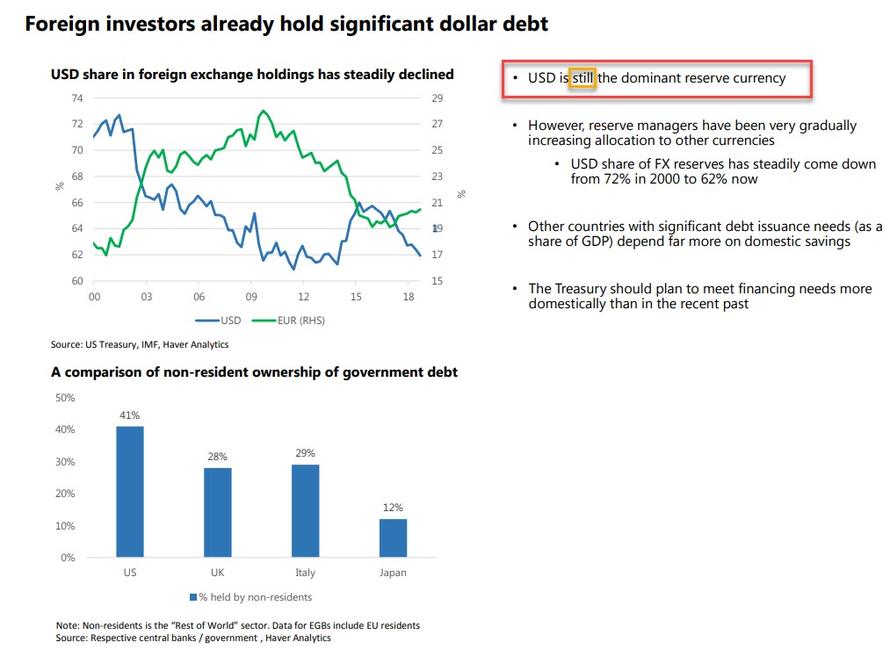
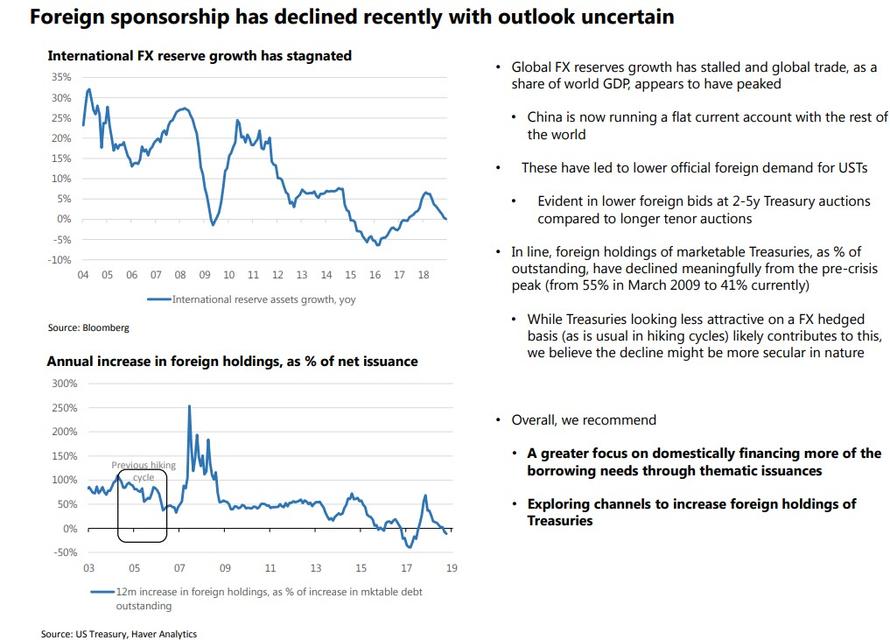
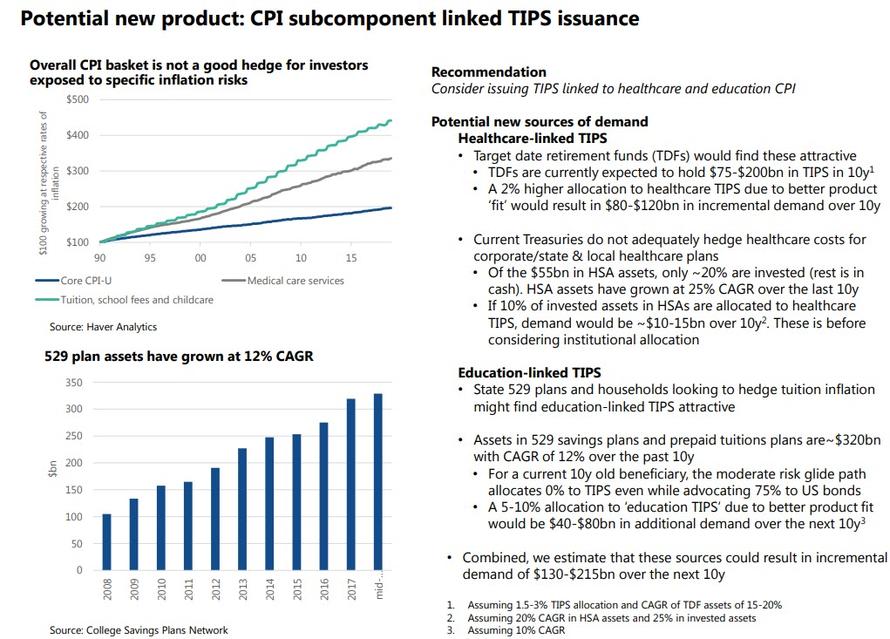

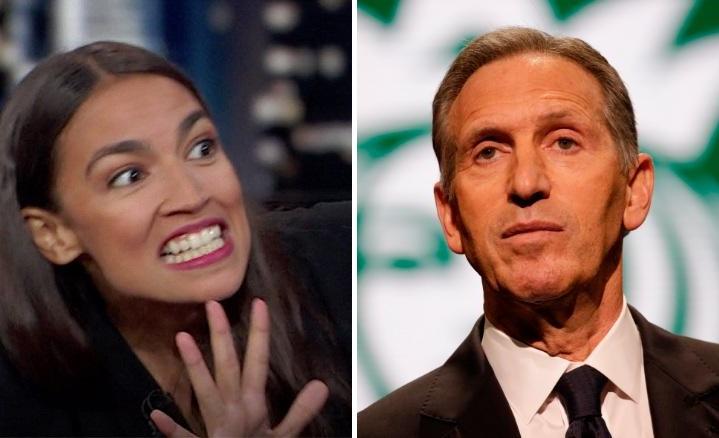



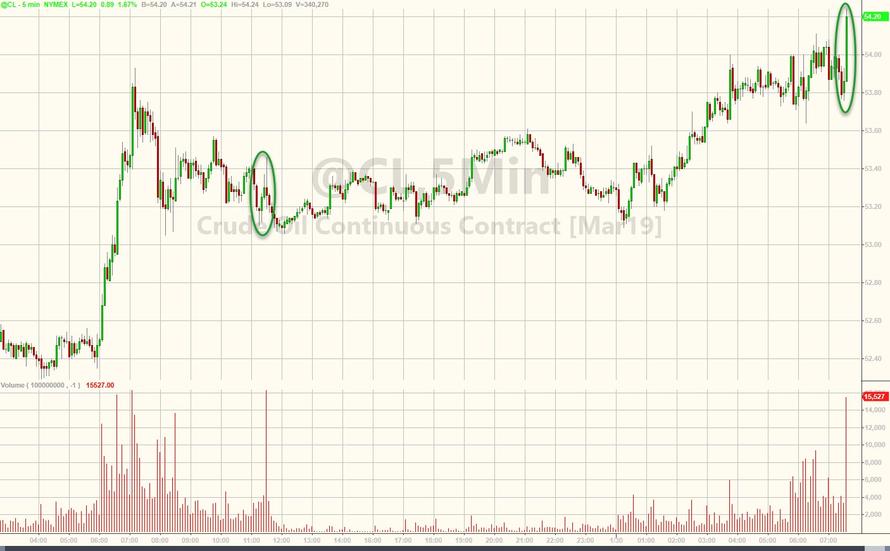
 A Florida man spent 41 days behind bars after police found a powdery white substance in his van last month. Spoiler alert: It wasn’t drugs.
A Florida man spent 41 days behind bars after police found a powdery white substance in his van last month. Spoiler alert: It wasn’t drugs.